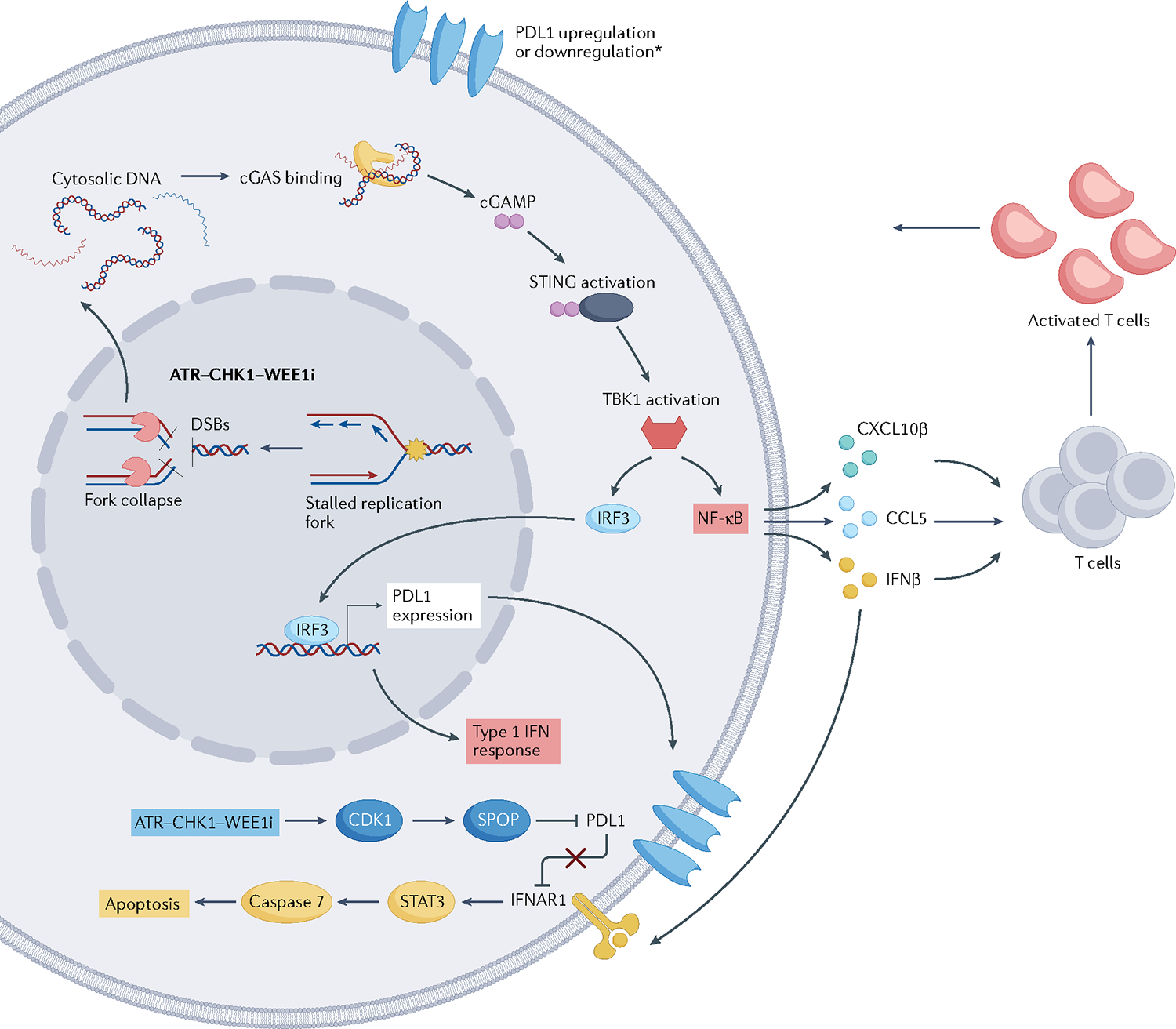Fig. 6 |. Mechanism of immune response sensitization.

Replication stress can elicit an innate immune response by releasing DNA particles into the cytoplasm, activating the cGAS–stimulator of interferon genes (STING) pathway, and upregulating the type I interferon-γ (IFNγ) response and, subsequently, the nuclear factor-κB (NF-κB) pathway. Besides this pro-inflammatory signal, cGAS–STING can also upregulate PDL1 expression. In addition, the ATR–CHK1 pathway can also lead to PDL1 protein degradation by activating the CDK1–speckle-type POZ protein (SPOP) pathway. Downregulation of PDL1 can inhibit an IFNβ-mediated pro-apoptotic pathway, resulting in autocrine cytotoxic signalling. IFNAR1, interferon-α/β receptor 1. *The resulting effect of ATR-CHK1-WEE1 inhibition on PD-L1 is disputable with studies showing both upregulation or downregulation upon blockage of the ATR-CHK1-WEE1 pathway.
